
In those being screened for hereditary breast and ovarian cancer syndrome, use of a video tool improved the duration of physician-led genetic counseling.

Your AI-Trained Oncology Knowledge Connection!


In those being screened for hereditary breast and ovarian cancer syndrome, use of a video tool improved the duration of physician-led genetic counseling.

Aspirin led to a median disease-free survival of 1.16 years vs 1.35 years with placebo in patients with colorectal cancer liver metastases.

Phase 3 data demonstrate the potential utility of BRAF/MEK inhibition in the adjuvant setting for patients with stage IIB/IIC BRAF V600–mutant melanoma.
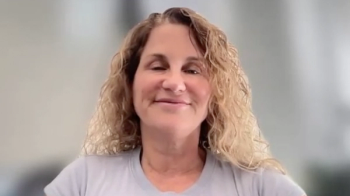
Data from a study shared at the 2025 ASCO Annual Meeting showed that a microRNA-based model was able to predict irAEs in various cancers for those on anti–PD-1 therapy.

Identifying which patients are at risk of distant failure may assist oncologists in deciding who should receive neoadjuvant radiation, according to Joanne B. Weidhaas, MD, PhD, MBM.

Joanne B. Weidhaas, MD, PhD, MBM, presented 2 abstracts based on microRNA technology at the 2025 ASCO Annual Meeting that demonstrated predictive power.

Data from the IGNYTE trial demonstrate the development of a robust systemic antitumor response following treatment with RP1.

The phase 3 NIVOSTOP trial evaluated an anti–PD-1 immunotherapy, nivolumab, in a patient population similar in the KEYNOTE-689 trial.

Opportunities to further reduce relapses include pembrolizumab-based combination therapy and evaluating the agent’s contribution before and after surgery.

For patients with locally advanced head and neck cancers, the current standard of care for curative therapy has a cure rate of less than 50%.
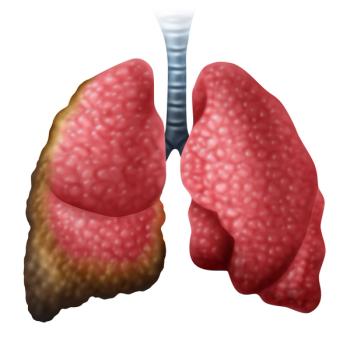
Frontline BNT327/PM8002 plus chemotherapy led to a confirmed ORR of 51.6% and a DCR of 90.3% in patients with unresectable pleural and peritoneal mesothelioma.
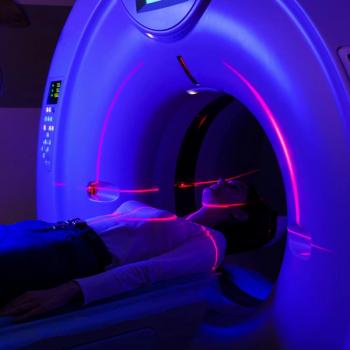
The addition of olanzapine to antiemetics might alleviate insomnia, appetite loss, anxiety, and depression in those receiving concurrent chemoradiation.
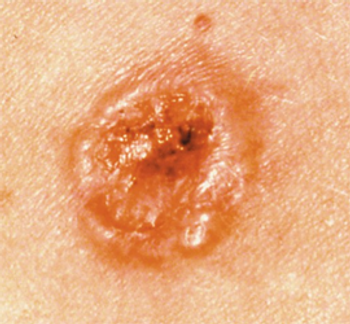
Compared with nivolumab alone, nivolumab/relatlimab did not improve RFS in patients with resected stage III to IV melanoma.
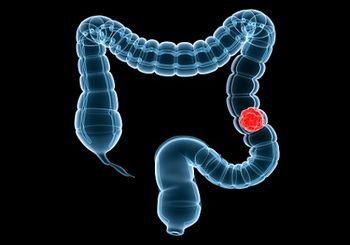
Data suggest that anti-inflammatory diets and regular physical activity are associated with improved overall survival in patients with stage III resected colon cancer.

The combination elicited a clinical benefit rate of 63.0% and an overall response rate of 22.2% in anti–PD-L1–refractory melanoma with melanoma brain metastases.

Efficacy across most patient subgroups appeared to be consistent with relatlimab/nivolumab vs ipilimumab/nivolumab in patients with advanced melanoma.

Results from the NIVOPOSTOP trial found improved DFS with adjuvant nivolumab plus cisplatin and RT for patients with LA-SCCHN.

T-DXd rechallenge occurred after grade 1 ILD, and was proven safe for patients with breast cancer/solid tumors.

Experts in gynecologic cancer, genitourinary malignancies, and other disciplines highlight noteworthy clinical data slated for presentation at ASCO 2025.

From breast cancer to head and neck tumors, the 2025 ASCO Annual Meeting may feature a wide range of practice-changing data across cancer care.

AI-assisted training dramatically reduced HER2-null overscoring and improved sensitivity in HER2-low and HER2-ultralow breast cancer cases.

The phase 3 IMforte trial evaluating lurbinectedin plus atezolizumab is the first to show PFS and OS improvement with first-line maintenance for ES-SCLC.

Final OS data from INAVO120 demonstrate, for the first time, a significant OS improvement with a PI3K-targeted agent in this breast cancer population.

There was a 7% lower incidence of obesity-related cancer with GLP-1 receptor agonist use.

Co-hosts Kristie L. Kahl and Andrew Svonavec highlight what to look forward to at the 2025 ASCO Annual Meeting, from hot topics and emerging trends to travel recommendations.
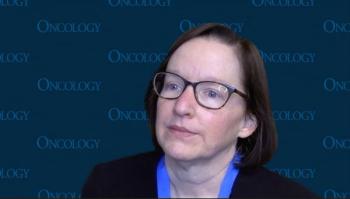
Advocacy groups such as Cancer Support Community and the Leukemia & Lymphoma Society may help support patients with CML undergoing treatment.

Paolo Tarantino, MD, discusses the potential utility of agents such as datopotamab deruxtecan and enfortumab vedotin in patients with breast cancer.

Paolo Tarantino, MD, highlights strategies related to screening and multidisciplinary collaboration for managing ILD in patients who receive T-DXd.

Neil M. Iyengar, MD, and Paolo Tarantino, MD, discuss updated data on agents such as T-DXd and abemaciclib in breast cancer presented at 2024 ASCO.

Those with CML should discuss adverse effects such as nausea or fatigue with their providers to help optimize their quality of life during treatment.